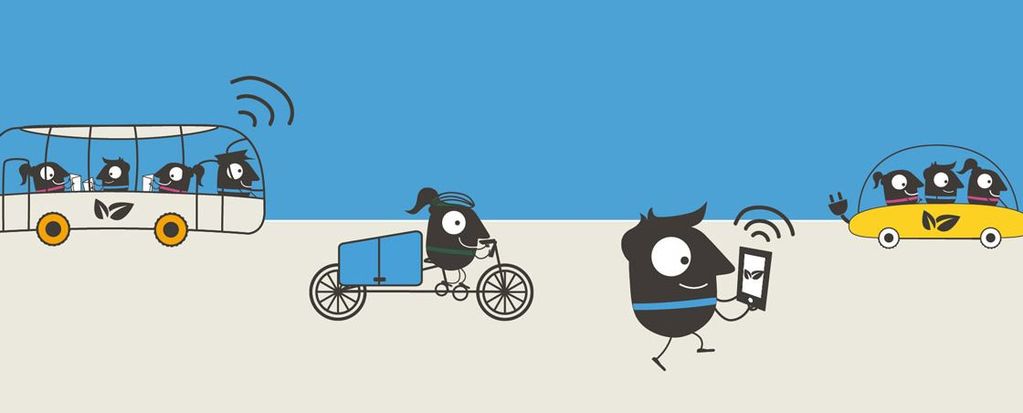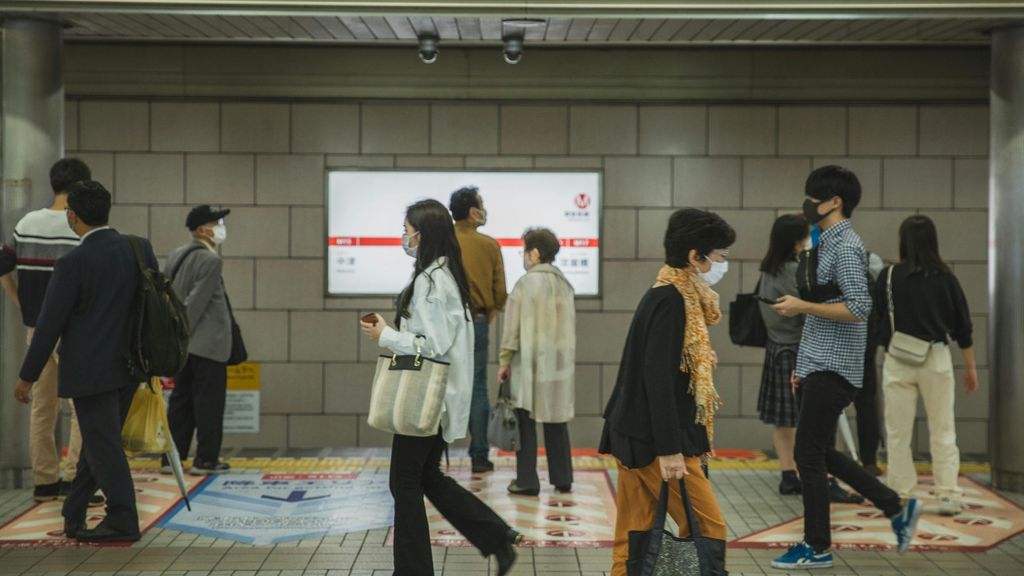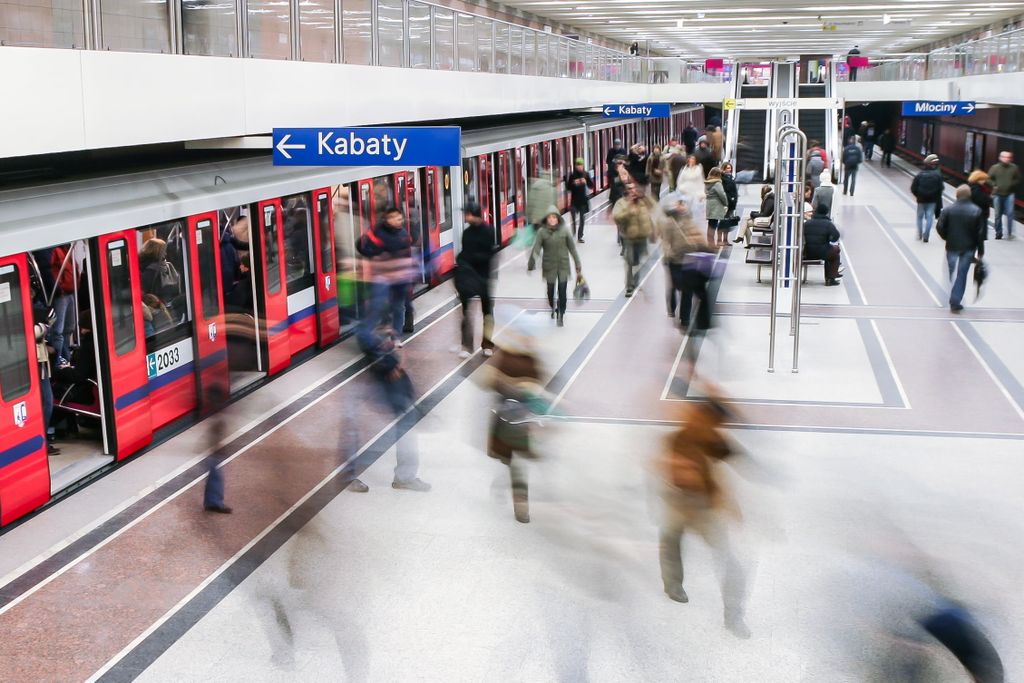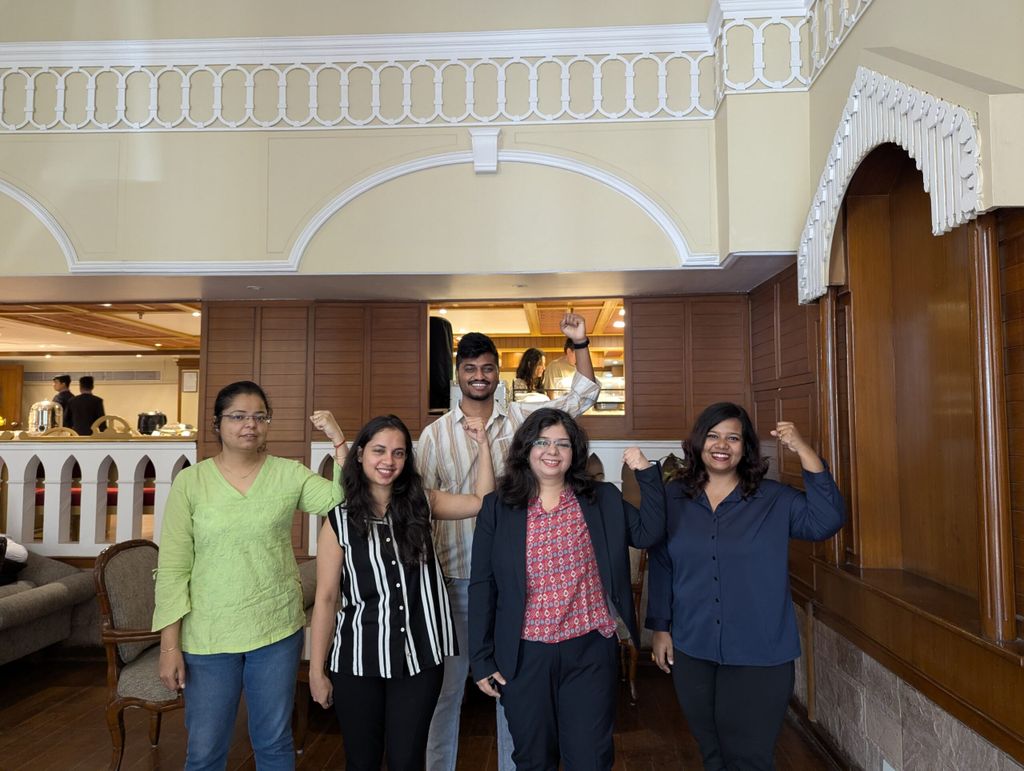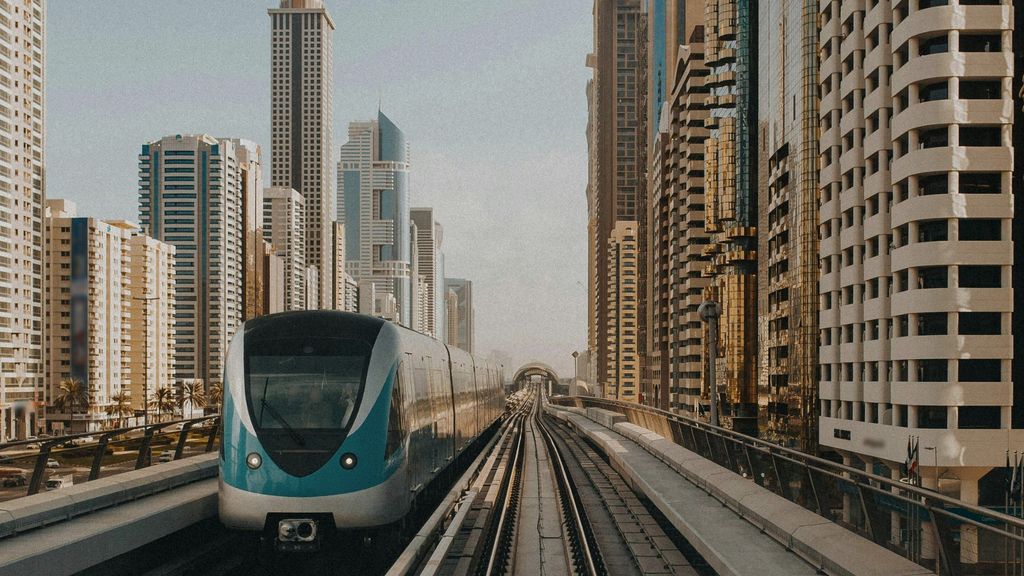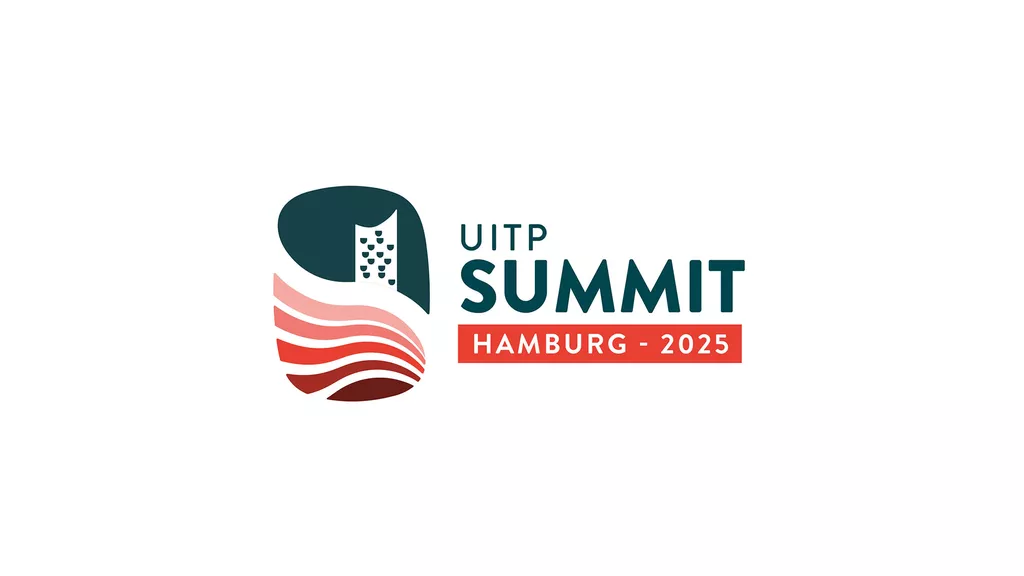
Equality and diversity in public transport: Tackling the issues with Renée Amilcar, Ester Litovsky and Laura Shoaf
Across public transport
Imagine a gender equal world…
A world that’s diverse, equitable, and inclusive. A world where difference is valued and celebrated.
In recent years, UITP has placed a strong focus on the role of women in our industry as both passengersandemployees.
Beginning with the launch of our #PT4ME campaign, to our Women in Leadership focusand the UITP Diversity and Inclusion Working Group, we’ve been advocating alongside our members for a more inclusive sector.
However, we know that there’s more to be done to make public transport a truly balanced sector…
And for us, we also know that the best way to achieve that is to listen to those making lasting change.
With that in mind, it’s time to sit down with three sector leaders and UITP Executive Board members Renée Amilcar, General Manager OC Transpo, City of Ottawa, Ester Litovsky, Strategic Planning Director at Emova, Argentina, and Laura Shoaf, Chief Executive Of the West Midlands Combined Authority, to tackle these issues head on.
Together we can #EmbraceEquity.
Over to Renée, Ester and Laura…
To Renée, Ester and Laura
Q: The focus of this year’s International Women’s Day was all embracing equity by working towards a world free of bias, stereotypes, and discrimination – a world that’s diverse, equitable, and inclusive. At UITP we highlighted our own role in doing that with several activities alongside our staff and members. How did you acknowledge 8 March?
LAURA: For me the date is important to mark how far we have come, but also how far there still is to go. The workplace is unrecognisable from when I began my career, but diversity, equality and inclusivity need to remain at the forefront of my organisational design, and I suspect those of every company.
RENEE: Diversity, equity and inclusion should be a part of management’s role and responsibilities. When we talk about embracing equity, we recognise that we have a problem, which is the first step we should take in resolving it. Embracing equity, to me, means we accept that diversity and inclusion are rich assets for an organisation, and we celebrate the better solution that comes with it. Our industry is a good model where the equity is key to achieving our goal. We need to listen to transit riders, who are a diverse group, in order to determine what they need to be successful.
ESTER: At UITP we are working for a more equitable world, with diversity and inclusion. A world where equality is not only an aspirational goal, but where equity contributes to achieving it. I want to highlight the role of public transport and sustainable mobility in our cities, but with a special recognition to our female colleagues and to all women in my country and the world, who permanently take on challenges in their work to make public transport more inclusive, free of prejudice, stereotypes and discrimination.
Traditionally, public transport networks have been designed and managed by men, so the specific needs of our female users are not always addressed. The sector needs more women in all functions, even more considering that more than half of our users are women.
I find it very interesting to introduce in this regard work carried out during 2022 from the European Commission, which was incorporated by UITP to carry out campaigns to promote female leadership. The concept of the campaign was: YOU CANNOT ASPIRE TO BE, WHAT YOU CANNOT SEE.
The study looked at the transport sector in particular, recognising that it is one of the sectors of the economy where women’s entry into the workforce is most difficult.
The study concluded that one of the main reasons for the gender imbalance in the European transport sector is the persistence of strong gender stereotypes. Gender perceptions of certain jobs and careers are developed at an early age (5-7 years). These perceptions influence children’s aspirations and their knowledge and decision to pursue certain careers.
At UITP we strongly support this initiative as it strives to open up prospects for girls. In the public transport sector, we need to attract young talent, including many more women. This March 8, I celebrated by promoting this wonderful initiative worldwide, so that children can grow up freer, embracing a passion for working and moving in public transport.
Q: For all the women who use public transport services as passengers, there remains a lack of women working within it. Research tell us that between 15%-22% of those currently working within the public transport sector are women. What more needs to be done to improve the gender balance within the workforce?
ESTER: As I mentioned in the previous point, work must be done in schools to overcome the prejudice that there are tasks for men that are not suitable for women. But this action takes time, since it requires the lifting of social and cultural barriers that are deeply rooted. In the company Emova where I work, concessionaire of the Subway of the City of Buenos Aires, 21% of the total staff are women. But there are huge differences between the areas: 44% are women in customer service at stations, 27% in the cleaning area, 26% in subway drivers and 35% in guards (the second person on board the trains). But in the maintenance area less than 1% are women. It is really very difficult for us to attract women to work in rolling stock maintenance and in infrastructure and engineering.
In order to reverse this situation, we are developing relationships with universities and colleges to identify programs and opportunities collaborating in promoting the participation and inclusion of female students, especially in technical areas. However, many female technical graduates prefer developing opportunities in non-technical areas, in softer jobs. We are also working to establish professional internships, offering the possibility of training in the company, giving priority to women with technical interests.
Numerous studies have shown that the presence of more women in management positions is beneficial to companies. The creativity, sensitivity and listening skills that women bring to the table are an extremely important asset for organisations, which enhances the visions of the rest of the management team and allowing a greater growth and positive change. For public transportation and mobility, gender parity will mean not only the achievement of a greater equity but will also allow companies to provide more attractive services for our current users and attract a significant number of new users, for the benefit of society as a whole.
LAURA: I think we need to speak in a very different way about what transport is and does (it is a public service) and what a career in transport can be – it is so varied so that women can see why it is a fulfilling career choice, and why it is so important that they are represented!
RENEE: Women have been around since day one. Women think differently and bring outside flavours to decision making which benefits public transport. Should we need to, I am open to having a quota to increase the number of women in the transit industry. However, if we want to succeed in empowering women and attracting more women into leadership positions in the industry, we must first and foremost make work-life balance and flexibility a priority. More women need to be included on executive teams. This will encourage other women to copycat.
Q: Looking at your own successful career within the sector, what advice would you give to women who want to advance their own career in public transport? And what would you say to women who have not yet considered a career in urban mobility?
RENEE: First and foremost, we need tools that we can obtain by studying, networking, and having an open mind by collaborating with different people. I would say get involved, be passionate and especially be bold! Find your collaborators in the workplace and advocate for yourself. Be supportive. Staying in touch and being involved with all levels of the operation, including frontline workers all the way up to the executive team. Be empathetic to employees and customers concerns. Use your own service in order to improve it.
ESTER: To women who currently want to advance in their careers in public transportation, I would tell them to work with a lot of passion and commitment. Recognition comes with effort. Effort is not synonymous with sacrifice; effort is tenacity, courage and enthusiasm. And to women who have not considered working in the urban mobility sector, I would say that public transport is central to the quality of life of people, to achieve greener, fairer and more sustainable cities, creating quality employment for all, thus promoting social inclusion, caring for the local environment and the planet, reducing deaths from road accidents, generating greater competitiveness and productivity of countries…
For those who are interested in contributing to these noble objectives, regardless of gender, but especially if they are women, I strongly recommend that they follow this path, since public transportation is a wonderful space to develop, which will allow them to go through a professional life with many satisfactions.
LAURA: Urban mobility underpins equality and justice in place. Don’t be put off by the views that you need to be a technical expert or an engineer or trainspotter to care about public transport. It is about moving people safely, affordably, and reliably so they can get to work, school, visit family and friends – to live a full life. It is a rich and rewarding career – and as women we make up more than half of the people who rely on public transport, so help us make it what we need it to be!
Thank you to Renée, Ester and Laura for their advice, inspiring words and key actions on how to keep advancing gender equality across public transport.
Together we can #EmbraceEquity.
","url":"www.uitp.org\/news\/international-womens-day-2023-uitp-works-to-embraceequity","type":"link","documentTitle":"","documentType":"","documentTopics":"","external":false}'>Sitting down to talk gender equality with ATM Chairperson Gioia Ghezzi
Reaffirming our commitment to improving diversity with the UITP Diverse Panel Charter


